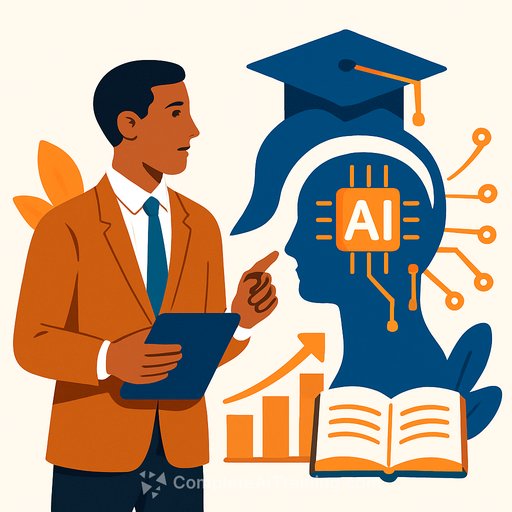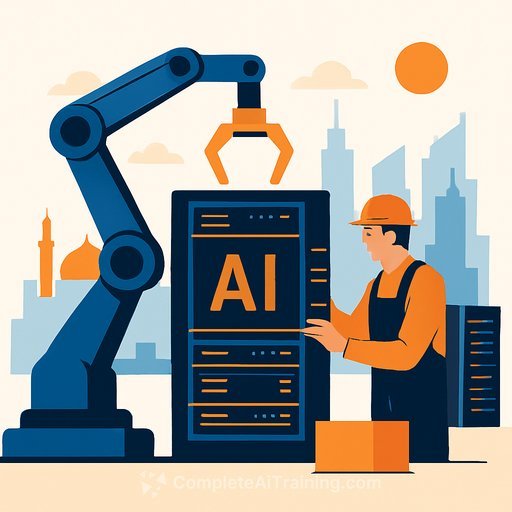The Master’s Programme Turning Corporate Professionals into AI-Era Leaders
Thaddaeus Lee, a senior banking executive, found himself at a career crossroads in 2020 despite two decades of experience. Leading an innovation centre at Sumitomo Mitsui Banking Corporation in Singapore, he sensed that the rise of artificial intelligence (AI) and accelerating changes in multiple industries demanded new leadership skills.
“I was doing well, but I was at a crossroads,” Lee reflects. “I asked myself if what I knew about strategy was enough and whether I should push myself beyond my personal boundaries.” This led him to pursue the Master of Technology in Digital Leadership (MDL) at NUS-ISS, a two-year part-time graduate programme focused on the evolving role of digital leaders in transforming organisations and business models.
Rethinking Strategy and Leadership
Unlike his previous MBA, the MDL programme challenged Lee to think differently. “Business school focused on financial models and human leadership,” he says. “MDL focuses more on future technology and how to take an organisation from its current state to a future state. That made me question a lot of my assumptions.”
Topics like digital architecture and managing digitalisation’s complexity were new to him. “I used to view architecture purely as IT, but now I consider strategic levers and how enterprise and data architectures come together,” Lee explains. He began to see how platforms and ecosystems can be structured for agility and aligned with business goals.
Leading in Uncertain Environments
Lee also reconsidered how leaders support teams facing uncertainty. “We have to create shared data sets and communicate effectively across digital platforms to reduce tension and remove silos,” he says. With a clearer grasp of digital infrastructure, he evaluates investments more critically, ensuring they align with strategic objectives.
The programme reshaped his approach to problem-solving too. “After years in the industry, I was the go-to person for quick answers,” Lee admits. “MDL taught me to deconstruct problems rigorously, anchored in data and research, rather than jumping to conclusions.”
Learning from Practitioners and Peers
MDL combines academic depth with insights from industry practitioners actively involved in digital transformation. Lee credits this blend for keeping learning relevant and immediately applicable. He highlights the role of Dr Leong Mun Kew, the programme director, who challenged him to weigh both empowerment and disruption in innovation and to embrace calculated risks.
The peer network was equally valuable. Lee’s classmates came from diverse sectors and were deeply engaged, often meeting outside class to discuss course topics and projects. This collaborative environment enriched the learning experience.
Applying New Leadership Approaches
Graduating this year, Lee has adopted a “prompt, lead and repeat” approach inspired by how Generative AI functions. “Leaders must master prompting rather than just instructing,” he says. He now focuses on asking better questions to encourage forward thinking and deeper understanding within his teams.
Lee also moved away from rigid multi-year strategic plans, instead using agile feedback loops to adapt quickly to changes in AI innovation. His advice to executives considering further study is clear: “Approach it with an open mind, be ready to ask questions, make mistakes, and learn. Don’t pursue a Master’s just for the qualification. Do it to shift your mindset and grow as a leader.”
For executives aiming to build leadership skills suited for AI-driven change, programmes like the Master of Technology in Digital Leadership offer practical tools and perspectives. To explore similar learning opportunities, visit Complete AI Training’s courses for executives.
Your membership also unlocks:





AI Capex on the Hot Seat: Apollo Exec's No Comment on Vendor Financing and Capex Recycling Stirs Transparency Debate